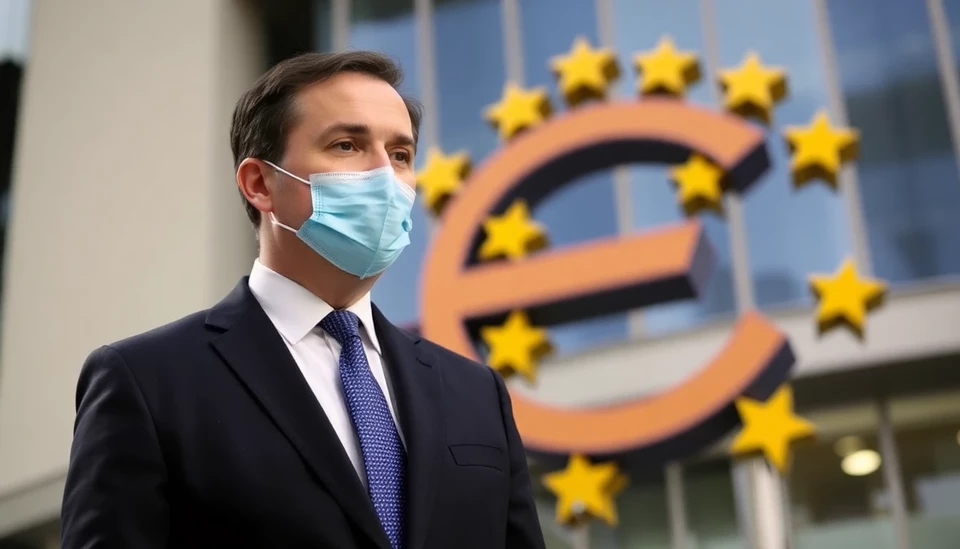
The European Central Bank's (ECB) governing council member, Martins Kazaks, has indicated that the central bank remains vigilant regarding inflation trends and economic developments. In a recent statement, Kazaks suggested that while the current monetary policy stance is effective, a more substantial interest rate reduction may be necessary to support the Eurozone economy if the situation deteriorates further.
His remarks come amid ongoing concerns over slowing growth rates within the region, particularly as the effects of previous rate hikes begin to trickle through the economy. Kazaks emphasized that the ECB is prepared to act decisively should the economic landscape shift unfavorably, underscoring the importance of maintaining economic stability while also keeping inflation in check.
Kazaks noted that while inflation levels have somewhat improved, they continue to be a crucial factor in the ECB's decision-making process. The central bank aims to ensure that inflation does not deviate too far from its target, thus balancing the need for economic stimulation with the imperative of price stability.
As the ECB navigates these complex challenges, Kazaks acknowledged that external factors, including geopolitical tensions and global economic conditions, could play significant roles in shaping the Eurozone's economic outlook. This acknowledgment points to the central bank's awareness of the interconnectedness of global markets and the importance of responsive monetary policy.
The possibility of a larger interest rate cut reflects growing concerns among economists and market analysts about the risks of slipping into a recession. Such a move would signal a more aggressive approach by the ECB to revitalize economic growth in light of these challenges. Kazaks's comments spark discussions among investors and policymakers alike, as they look for cues on the ECB's future actions in response to evolving economic indicators.
In summary, Martins Kazaks has opened the door for the ECB to consider larger interest rate cuts if the economic landscape worsens. This development highlights the ECB's commitment to monitor inflation and growth closely, ready to adapt its strategies to ensure stability in the Eurozone amidst various pressures.
In conclusion, the potential for larger interest rate cuts by the ECB signifies a proactive stance in monetary policy adjustments as officials prepare to tackle evolving economic challenges effectively.
#ECB #InterestRates #MartinsKazaks #Eurozone #EconomicPolicy #Inflation #RecessionConcerns #MonetaryPolicy
Author: Laura Mitchell




